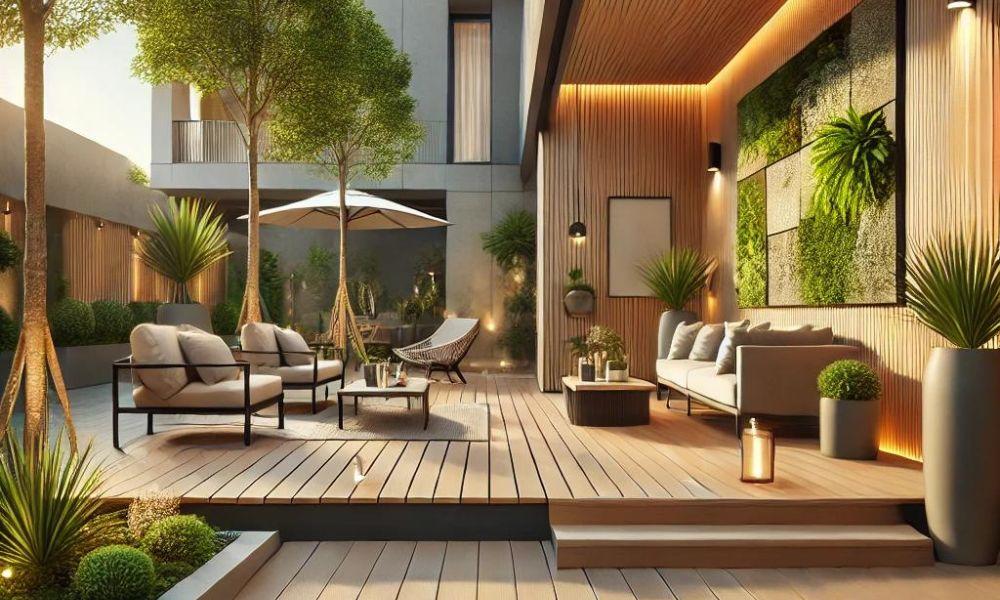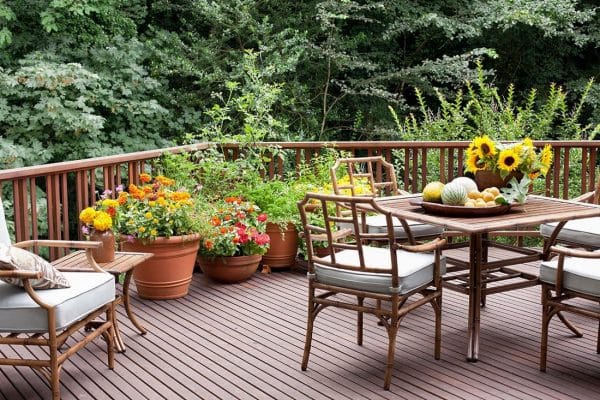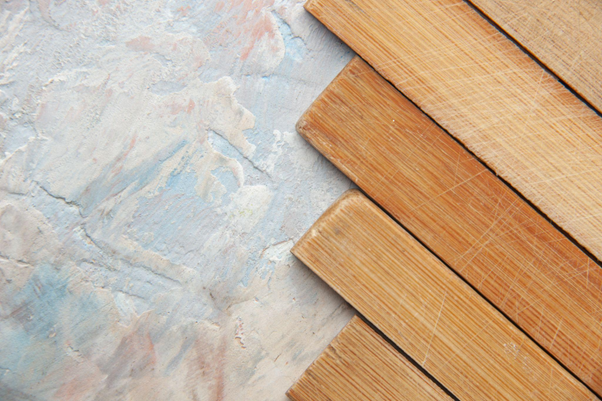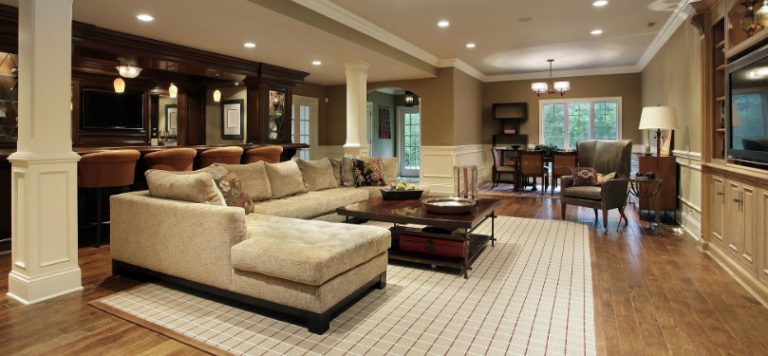
The outdoor living space revolution has transformed how we view home extensions and recreational areas. The construction industry is witnessing a remarkable shift toward sustainable practices, particularly in deck-building materials. These innovative solutions have redefined durability, maintenance, and environmental responsibility.
Materials leading the way forward
Modern engineering has introduced ground-breaking materials that combine strength with sustainability. Recycled composites, thermally modified wood, and bamboo-based products represent the newest wave of innovation. These materials demonstrate exceptional resistance to weather conditions while maintaining aesthetic appeal throughout their extended lifespan.
Long-term benefits worth considering
The initial investment in sustainable materials proves advantageous over time. These materials resist warping, cracking, and fading, drastically reducing replacement needs. Their durability translates to fewer trees harvested and less waste in landfills, creating a positive environmental impact that extends far beyond the immediate property.
Natural resource preservation
Traditional wooden decks contribute significantly to deforestation. Sustainable alternatives help preserve natural resources by utilizing recycled materials or rapidly renewable sources. This shift in material selection plays a crucial role in maintaining forest ecosystems and biodiversity.
The anatomy of a deck reveals why sustainable materials excel in performance and longevity. From the foundation to the surface boards, each component benefits from advanced material science, ensuring structural integrity while minimizing environmental impact.
Resistance and adaptability

These innovative materials demonstrate remarkable adaptability to various climate conditions. Unlike traditional options, they resist moisture damage, prevent mould growth, and maintain structural integrity through extreme temperature fluctuations. The anatomy of a deck built with sustainable materials ensures superior performance in challenging environments.
Maintenance and cost-effectiveness
The reduced maintenance requirements of sustainable deck materials translate to significant long-term savings. These materials eliminate the need for regular staining, sealing, or replacement of damaged boards. Simple cleaning with environmentally friendly solutions maintains their appearance and structural integrity.
Installation advantages
Professional installers appreciate the consistency and reliability of sustainable materials. These products offer:
- Precise dimensions for accurate fitting
- Lighter weight for easier handling
- Reduced waste during installation
- Better screw retention and stability
Color retention and aesthetic appeal
Modern sustainable materials maintain their original appearance longer than traditional options. Advanced UV protection prevents fading and discolouration, while engineered surfaces resist staining and scratching. This lasting beauty eliminates the need for cosmetic maintenance.
Safety considerations
These materials excel in safety features:
- Superior slip resistance in wet conditions
- No splinters or cracking
- Fire-resistant properties
- Non-toxic composition
Future innovations on the horizon
Research continues to advance sustainable deck material technology. Scientists are developing:
- Enhanced recycling processes
- Bio-based binding agents
- Improved thermal properties
- Stronger and lighter composites
Community impact
Sustainable deck materials contribute to community development through:
- Local recycling initiatives
- Job creation in green manufacturing
- Reduced landfill usage
- Improved neighbourhood aesthetics
Building code compliance
Modern sustainable materials meet or exceed building code requirements:
- Superior load-bearing capacity
- Enhanced fire resistance
- Structural stability
- Quality consistency
- Customer satisfaction
Homeowners report high satisfaction levels, citing:
- Minimal upkeep requirements
- Consistent performance
- Long-term cost savings
- Environmental responsibility
Choosing sustainable deck materials represents a commitment to future generations. This decision supports environmental preservation while providing practical benefits for current homeowners. The construction industry continues to embrace these innovations, marking a permanent shift toward sustainability.





